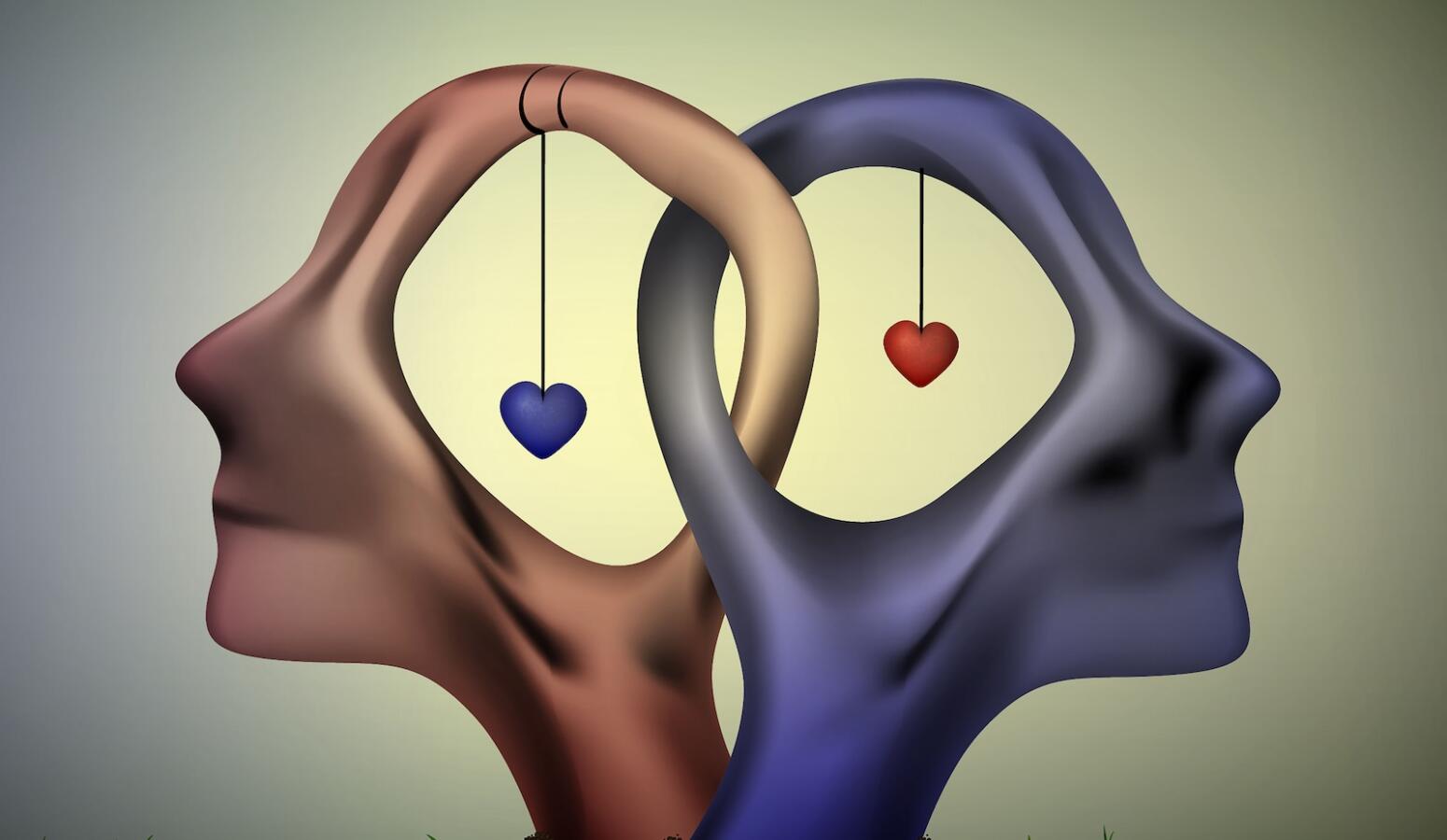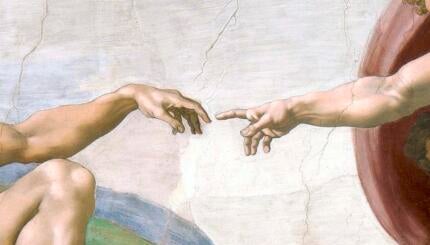It’s a nice coincidence that one of Judaism’s most profound utterances on appreciating the holy is read from the Torah right around the time of Thanksgiving, the American holiday of gratitude celebrated in late November. And yet, with conflict and dissension weighing on many of our hearts, it might ring a little differently this year.
The utterance in question is a rabbinic favorite: Jacob, after his wondrous dream of the ladder to heaven, awakens and says, “God was in this place and I didn’t know it!” (Genesis 28:16) Many times have I used this phrase as a metaphor for understanding the power of meditation, prayer and other spiritual practices to wake us up to the holiness that is around us. This quality of the sacred is always available. It is we who often are not.
Likewise, the practice of thanksgiving is meant to awaken us to the blessings we might otherwise take for granted. But for many of us, Thanksgiving this year is overshadowed both by the violence in Israel and Gaza, and by the strong feelings many of us have about it — feelings often at odds with others around the holiday table. So allow me to offer a different kind of gratitude practice in the hopes that it might provide a little solace, and even a little coexistence.
First, spirituality in general is not about denying the presence of suffering, or even evil, in the world. In the spirituality business, this is known as toxic positivity — the idea that you should always look on the bright side and emit “good vibes only.”
With your help, My Jewish Learning can provide endless opportunities for learning, connection and discovery.
Of course, good vibes are more pleasant than bad ones, but sometimes it’s inauthentic to try to pretend everything is alright, and the effort to do so is strained, false and shallow. I would also argue that right now, doing so would be offensive.
No, a mature gratitude is one that holds a seemingly irreconcilable pair of truths: that there are blessings all around us, and that there is also deep pain. As the Christian mystic Richard Rohr puts it, there is both great love and great suffering.
This complexity was certainly true of Jacob, whose statement of awe came as he was fleeing his brother Esau, who was plotting to kill him. He knew that, his miraculous dream notwithstanding, all was not sweetness and light; he was running for his life. And yet, he was able to perceive the holy as well. Perhaps his awareness of his own precarity even added to that perception.
We also know this to be true in our own lives. If we have lost someone over the past year, for example, giving thanks may seem impossible. And yet, the wisdom of Jewish mourning rituals is that we give time to descend into deep, inconsolable sadness precisely so that we may, at the right time, emerge from it and return to the world. Gratitude, in the context of grief, can be a step toward healing — not by denying our pain, but by holding it with us as we turn toward love.
The same is true, it seems to me, in our public lives.
We can gather with our families of choice or origin this year and give thanks, all the while holding the pain of the last six weeks in our hearts. We have not yet processed or healed. But we are able to bring both the suffering and the love to the practice of giving thanks.
This is also true of the pain of our disagreements. Both those who support Israel’s actions in Gaza and those who oppose them are often not merely impassioned, but impelled by deep moral beliefs and intuitions. However crudely the debates may play out in public, they are not petty disputes; they go to the heart of who we are as Jews and as people. It is profoundly painful to watch families and friends be torn apart, as I have seen firsthand.
We all know that these debates will not be settled by angry exchanges over the Thanksgiving table. And yet, the moral depth of this moment seems to demand that we take a stand, does it not?
I would submit that it does not.
Just as it is possible to hold the pain of this war together with the gratitude we are cultivating, so it is possible to hold the pain of our disagreement without trying to dispel it. Yes, it hurts that there are people close to us who seem to be so terribly wrong about something so terribly important. So let’s stay with that pain absent the vain belief that if we just make that one point, the other person will be persuaded and the pain will go away. They will not, and it will not; the Thanksgiving table is not the space where your activism will bear fruit.
For many of us, pain is an unavoidable part of the emotional landscape of this year. But it is not the only part. We can choose to direct our attention to blessings while not in any way denying the screams of anguish that echo around the world, or the different responses we have to them, or the pain of that difference. We can choose our words carefully — not to deny the elephant in the room, but so that we might not be trampled by it. And we can seek to reenact the moment of Jacob’s revelation, when in the midst of extreme duress, he perceived the holiness present in his life.
May we have the courage to do likewise.
This article initially appeared in My Jewish Learning’s Shabbat newsletter Recharge on Nov. 25, 2023. To sign up to receive Recharge each week in your inbox, click here.



